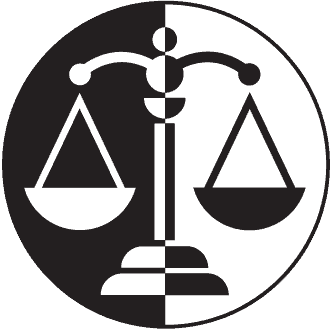How to Close an Estate or Guardianship: Tips on Preparing the Final Account
Opening an estate is fairly easy – you show up at the courthouse with the death certificate and a Will and the Clerk’s office will give you the necessary paperwork to qualify as the Executor of the estate. Closing an estate for a deceased person or a guardianship for an incompetent person, on the other hand, is a bit more difficult. To close the estate, the Executor/Administrator or Guardian will need to file a Final Account and have that accounting approved by the court.
Preparing Final Account for an Estate or Guardianship
In North Carolina, the Executor or Guardian must complete Form 506 showing the value of the assets at the time the estate was opened and then listing all of the funds that have come into and out of the estate from that time until the time of filing the Account. The Executor/Guardian will need to provide proof of disbursements, which means that they must produce copies of cancelled checks, statements, and/or receipts for every penny that was paid out of the estate. For this reason, the Executor/Administrator should never make cash withdrawals out of an estate. If checks are written to the Executor he or she should retain receipts to prove how those funds were spent.
An Account must be filed one year (or sooner) after an estate is opened. If the Executor has distributed all of the Estate assets to the beneficiaries of the estate, the ending balance on the Final Account should be $0. The Executor should provide signed Receipts from the heirs if possible. Figuring out who the heirs are is easy if there is a Will, but if the decedent died without a Will (which is called intestate), then the statutes determine the beneficiaries of the estate. Determining the heirs of an intestate estate can be tricky so you may want to consult an attorney before making any distributions.
When to File an Annual Account instead of a Final Account
If a year has passed and the work of the estate administration has not been completed or if the property hasn’t yet been distributed to the heirs, then the Executor should file an Annual Account. The ending balance on the Annual Account should match the balance held by the estate – the Clerk will want to see account statements evidencing that ending balance.
If estate funds were spent or distributed incorrectly, the Executor or Administrator may be personally liable. It can be difficult to recover funds that were distributed to heirs if mistakes need to be corrected. For these reasons, before making any distributions you may want to ask the Clerk’s office to “pre-audit” your proposed Account so that you can correct any mistakes.
We’ve been helping clients probate Wills and prepare Accounts for estates and guardianships in North Carolina for over twenty-five years. If you need help with the administration of an estate or guardianship, please don’t hesitate to contact us at 919-863-4183.

